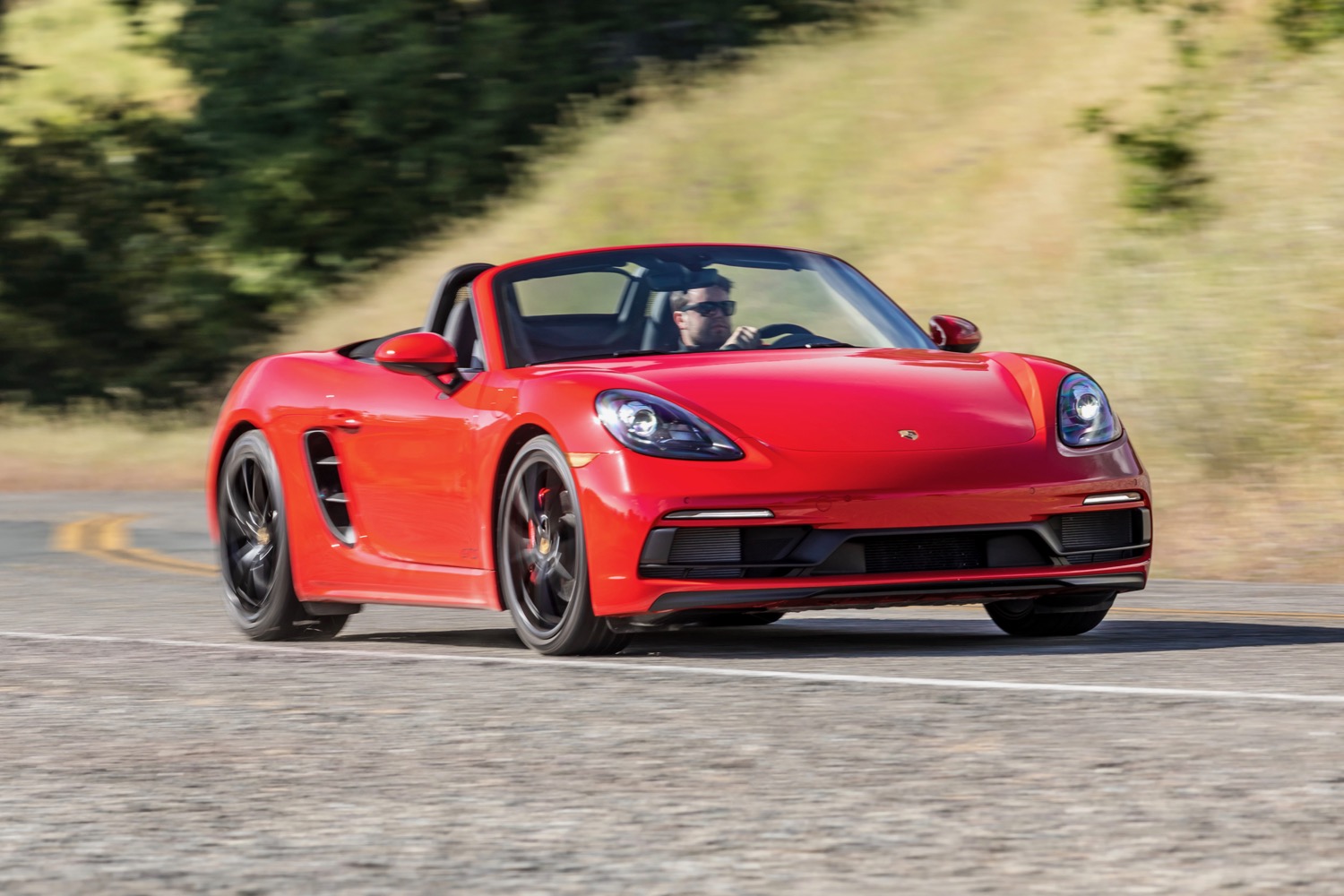
Porsche is testing online car sales in the United States, but it’s still keeping traditional dealerships in the loop. Unlike Tesla, which ruffled feathers by launching online sales backed only by company-owned stores, Porsche is running a pilot program in concert with 25 of its 191 U.S. franchised dealerships. Customers can order a car online, but still have to pick it up at one of those dealerships.
The pilot program applies to new and used cars that are already in stock at participating dealerships. Payment calculations, trade-in valuation, and financing are all handled online through a dealership’s website. Customers can upload photos of the necessary documents, as well as photos of the car they plan to trade in, if applicable. However, customers still need to go to a brick-and-mortar dealership for “final signatures” on paperwork, and to collect their cars, according to a Porsche press release.
The 25 participating dealerships are “distributed from coast to coast,” according to Porsche. A wider nationwide rollout is possible, depending on the results of the pilot program, the automaker said. Porsche is also testing online sales in its home country of Germany.
Online sales could make carbuying more convenient, but they face a significant hurdle. Given the countless other things people buy online, it stands to reason that they would want to buy cars that way too. Going to a dealership can also be a pretty unpleasant experience, so sidestepping (most) of that process could make buying a car more pleasant. But Porsche needs to keep dealerships involved in order to avoid provoking them, as Tesla did when it launched its online sales model, backed by a chain of company-owned stores that serve more as showrooms than dealerships. Existing dealerships cried foul, using franchise laws to fight a state-by-state battle that has limited Tesla’s retail footprint.
Among established automakers, Porsche has been fairly bold in experimenting with alternatives to traditional car buying and leasing. The automaker also runs a subscription service in Atlanta (where its U.S. headquarters is located), Las Vegas, Phoenix, San Diego, and Toronto. Called Porsche Passport, the service gives customers access to a fleet of cars for a flat monthly fee. Customers are allotted 2,000 miles per month, with unlimited car swaps. That means subscribers can commute to work during the week in a Macan, and switch to a Cayman for some weekend fun. The electric Porsche Taycan is expected to be added to Porsche Passport in the near future as well.


